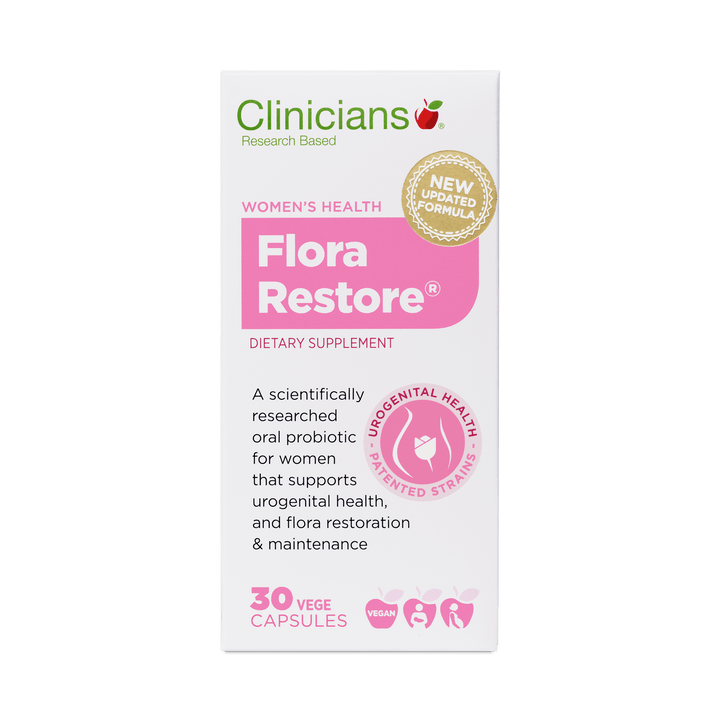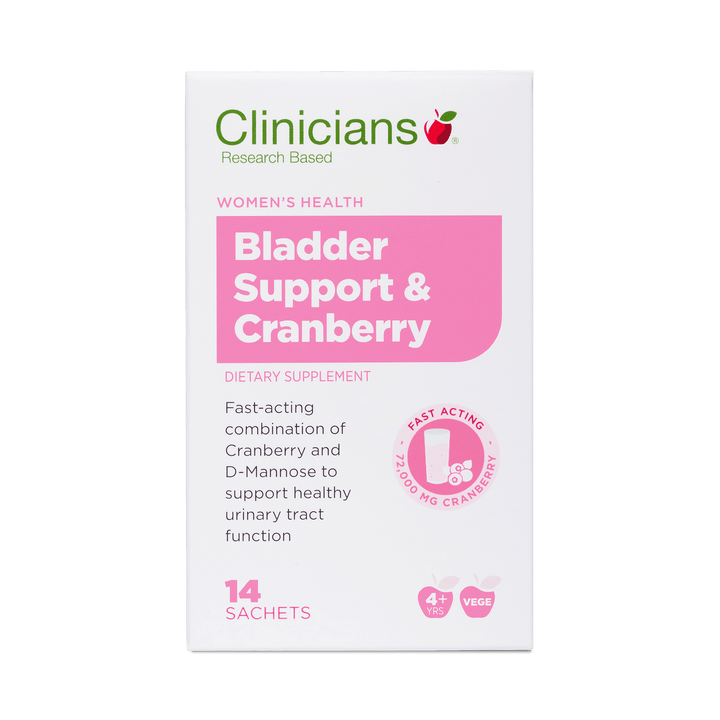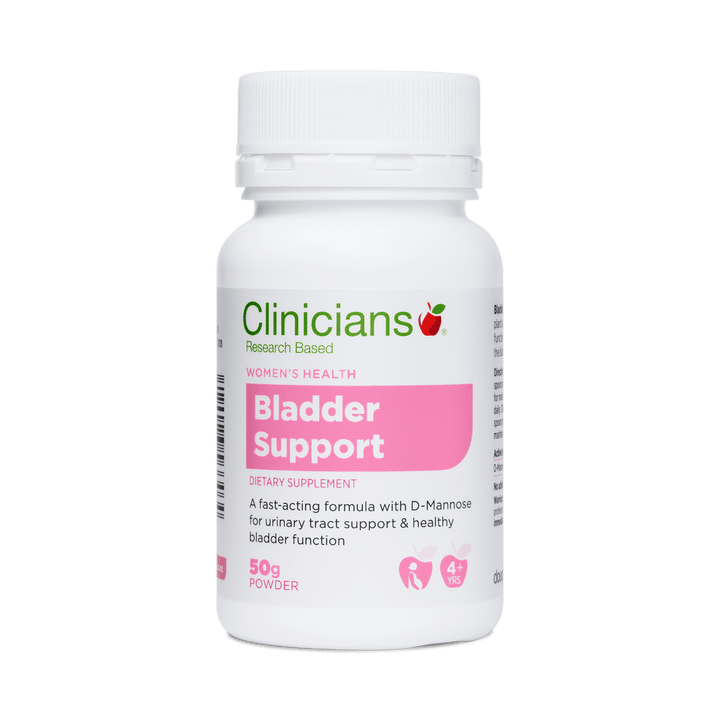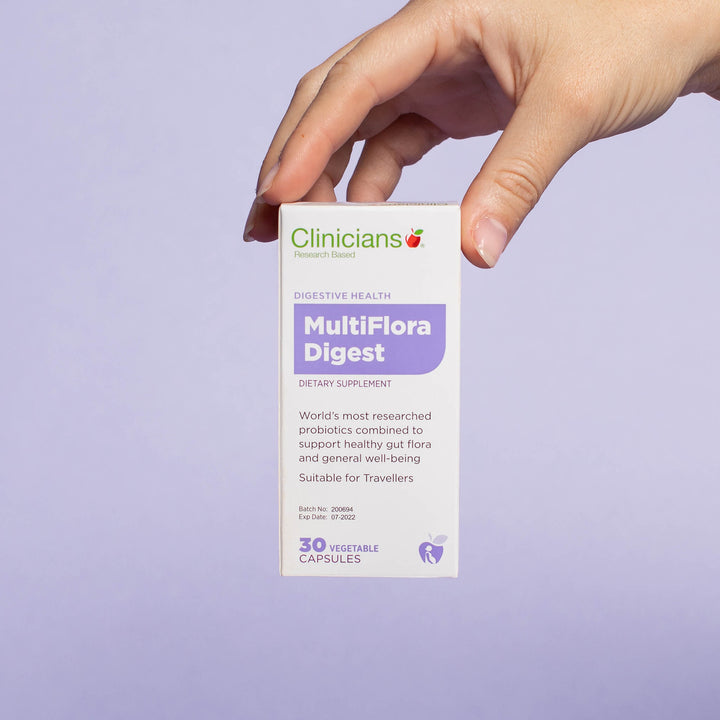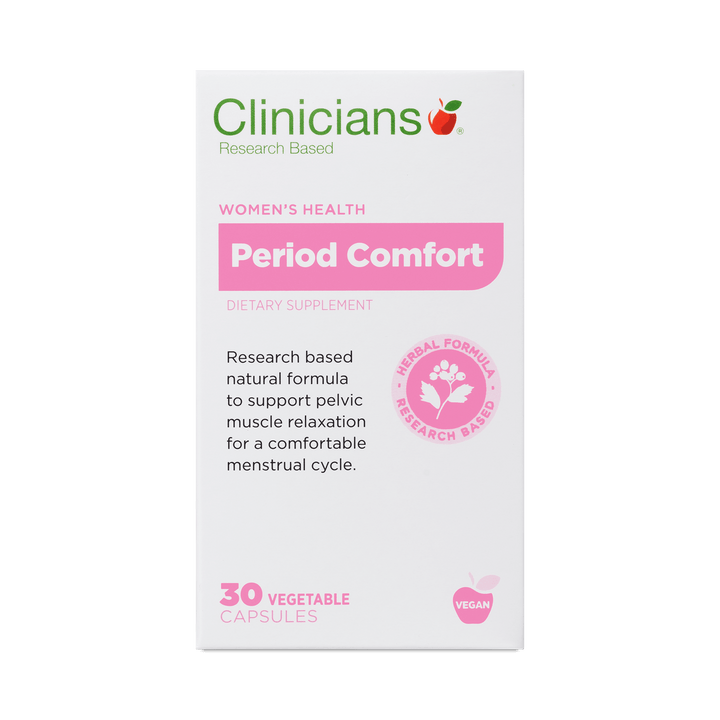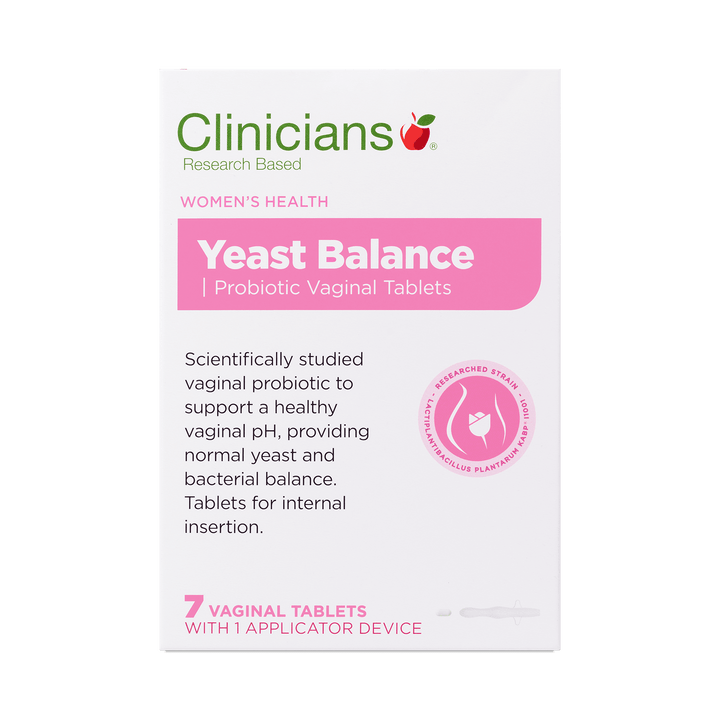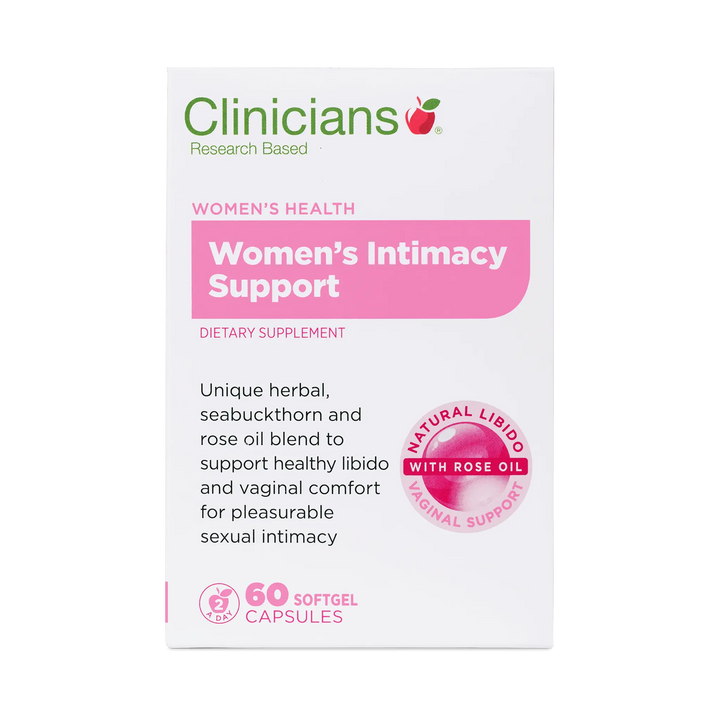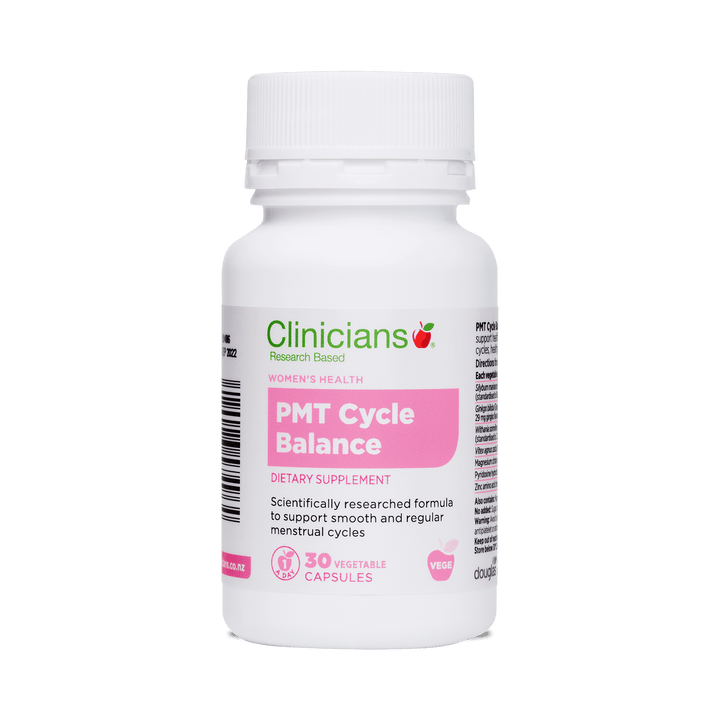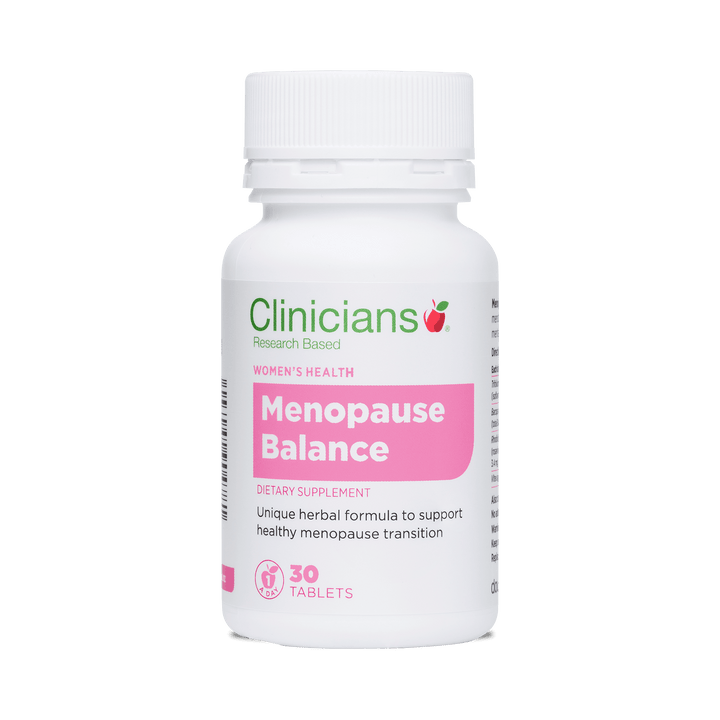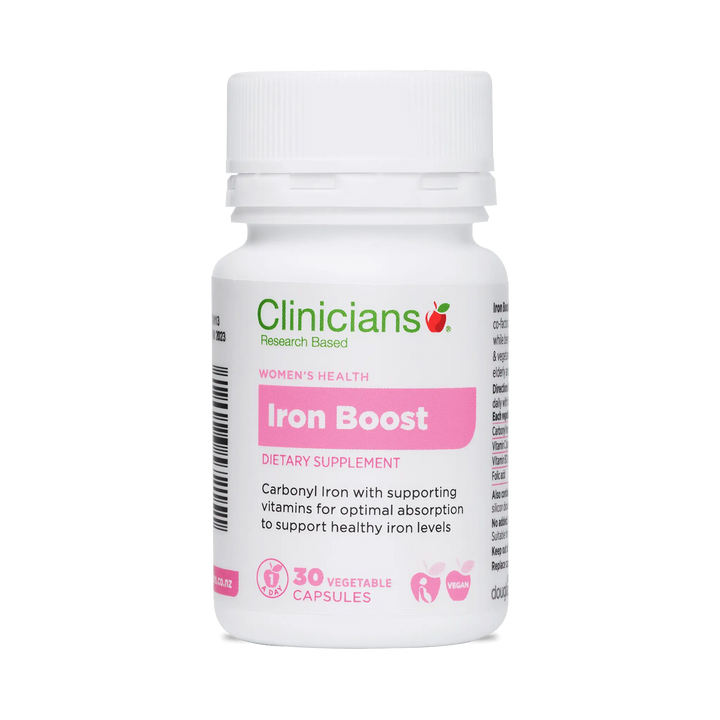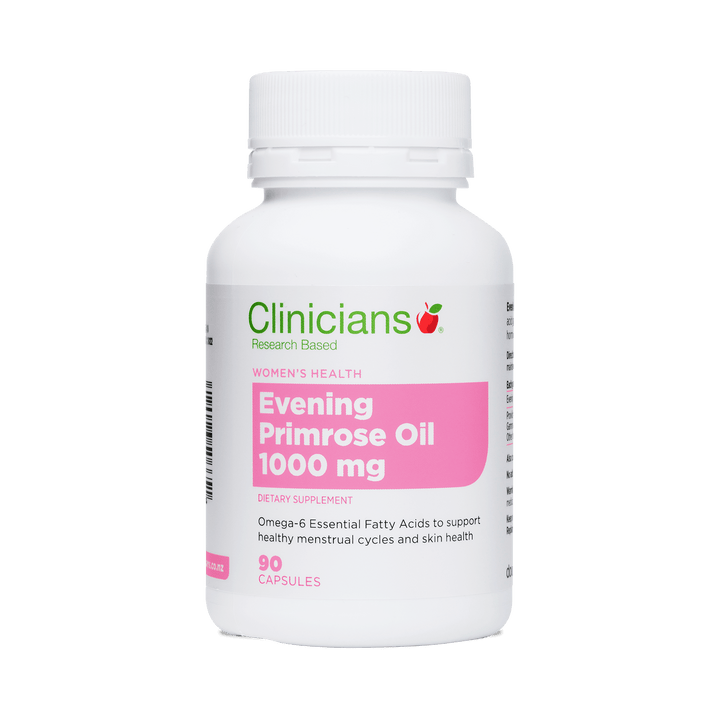The discomfort of bladder issues can only be fully understood if you have experienced them and for some, recurrent issues can really affect quality of life. Find out why bladder issues occur and what can be done about them.
Around 1 in 2 women will experience urinary tract issues in their lifetime, so if that's you - you're not alone. Children and men (around 1 in 10¹) can also experience issues too, more commonly for men in relation to prostate changes later in life. However, bladder issues are more prevalent in women due to our physical make up, as you will soon find out.
How does bladder health work?
The bladder is part of the urinary tract and its main job is to store urine. It fills via tubes from the kidneys called ureters. When enough fluid is in the bladder it puts pressure on the bladder walls, which we sense and this triggers a visit to the bathroom. When we pee the urine leaves the bladder via a tube called the urethra.
Inside the urinary tract walls there is a mucosal layer. This protects us from the acidity of urine and is where bladder bacteria live. Beneficial bacteria support the health of the bladder and help to protect it against other less beneficial bacteria. If there is a balance of good vs bad bacteria, the bladder stays healthy. If less beneficial bacteria start to dominate this is where we get issues. One important factor for maintaining this balance is regular urination as it flushes bacteria out of the urinary tract.
What causes bladder bother?
Around 90% of bladder issues are caused by one small bacteria called e coli. These normally live in the gut, but can move from the bowel to the vagina or bladder. This is why women are more prone to issues as the rectum, vagina and the entrance to the urethra are very close together. Other types of bacteria cause the remaining 10% of issues.
What makes bladder issues more likely?
There are many factors that can lead to bladder flora imbalances, but here are a few of the common one.
Hormonal changes
Menopausal women are often plagued with persistent bladder issues as the reduced oestrogen levels make the lining of the bladder thinner and less resistant to bladder flora imbalances.
Pregnancy is a time of hormonal change that can make women more susceptible to imbalances due to changes in urination frequency. Also, as the baby grows it puts pressure on the bladder which can block the flow of urine and bacteria is not flushed out.
Hormonal changes occur in men as they age and is thought to lead to prostate enlargement. The prostate glands sit either side of the urethra, so when it enlarges it can affect urine flow and incomplete emptying of the bladder. Again bacteria can build up and cause issues.
Sex
Sex can move less beneficial bacteria around and cause it to pass into the urethra. Also, sexually transmitted diseases can increase the likelihood of bladder imbalances for example chlamydia.
Diabetes
If diabetes is not well managed there can be excess sugar in the urine. This encourages the growth of less beneficial bacteria. Long term diabetes can also affect the bladder sensory function, so people may end up waiting too long to go to the bathroom.
Frequent antibiotic use
Whilst antibiotics are a lifesaver and kill off bad bacteria, they also kill off the good bacteria too. This means that our natural defenses are compromised, making us more vulnerable to subsequent bad bacterial exposure. Bad bacteria are starting to become resistant to many antibiotic types. This means that treating persistent urinary tract issues becomes harder and different antibiotics may need to be used over time¹.
How do I know if I have a bladder imbalance?
There a number of unpleasant and uncomfortable symptoms that would give you a clue that all is not well. Here are the most likely ones:
- Burning or discomfort during or after urination
- A constant urge to urinate
- Abdominal discomfort
- Urine may look cloudy or smells strongly
If you experience back pain, fever or a pink tinge to the urine (blood in the urine), please contact you doctor. This could indicate that a simple bladder imbalance may have moved towards the kidney area.
How can I help keep my bladder well?
If bladder problems are starting to become a nuisance here are some lifestyle changes that can help keep your bladder in balance.
Drink plenty of fluids
Having urine passing through the bladder regularly is important to flush out any less beneficial bacteria before they can settle in and start increasing in numbers. Drinking water regularly through the day is great; aim for around 8 glasses. If you like you can also include a glass of unsweetened cranberry juice, as cranberry helps discourage bacteria from attaching to the bladder walls. D-mannose is a plant sugar that can be added to water and like cranberry discourages e coli from remaining in the bladder.
Another option would be to get out the blender and make a daily juice of fruit and vegetables. Try including celery, parsley or watermelon. These foods are natural diuretics (make you pee) and help to spring clean the bladder.
Food and drinks to avoid
Caffeine containing drinks and alcohol are dehydrating, so should be avoided if you are currently experiencing bladder issues or limited if you are looking to maintain bladder health. Also, cut back on high sugar foods as they can help feed less beneficial bacteria. Avoid them entirely if you are currently experiencing bladder discomfort.
Balance your gut bacteria
Many bacteria like e coli migrate from the digestive system, via the rectum to the bladder. So if you have regular bladder issues this could indicate an over abundance of bad bacteria in the gut. Signs of this also include gas and bloating. Digestive probiotics might be beneficial to take at these times to restore balance or try including fermented foods in the diet like sauerkraut, kefir or kimchi.
Don’t delay going to the bathroom
As we have mentioned, regular urination is important for flushing bacteria out of the bladder. So don't hold on unless you have to.
It is probably important to note here that if you are starting to experience issues where it is hard to completely empty the bladder, then go and see you doctor. This is most relevant to men.
Avoid perfumed products
If you are prone to bladder issue anything perfumed that comes into contact with the bladder or vaginal area might cause an upset. This is because perfumes can irritate the tissues in this area and affect beneficial bacterial population. Sadly, this may mean avoiding a perfumed bubble bath and overly scented shower gels and soap. Ideally the bladder area should only be washed with water only.
Good hygiene habits
To avoid moving bacteria towards the bladder, get into the habit after going to the bathroom of wiping from front to back.
After sex make sure you urinate and wash the bladder area in warm water, if bladder issues are a frequent problem.
Boost beneficial bacteria
There are certain species of bacteria that are beneficial to the bladder and vaginal area. These are specific probiotic strains and are backed by research. They can be taken if bladder issues are starting to become a regular thing or alongside/or after antibiotic use, to support restoration of beneficial bacteria populations that may have been affected.
If you're experiencing symptoms
Hopefully this has provided some useful tips to help keep the bladder in shape and to help with any bladder niggles. However, if you have not experienced bladder issues before, and you are experiencing symptoms, consult you healthcare practitioner. Also, it is important to remember that urinary tract discomfort for longer than 24 hours, needs an immediate visit to your doctor.
References:
¹https://www.health.harvard.edu/blog/antibiotic-resistant-urinary-tract-infections-are-on-the-rise-2019101417982



